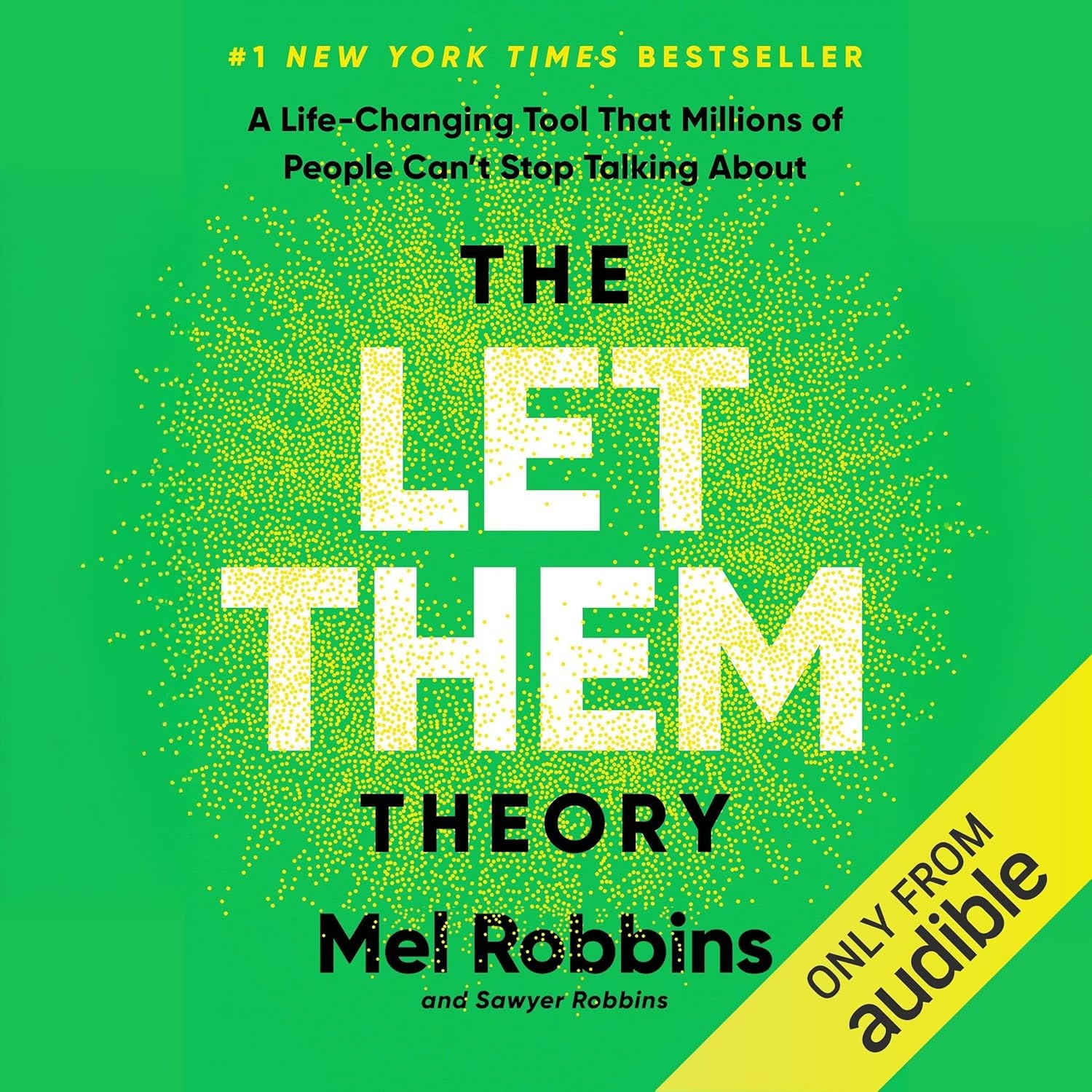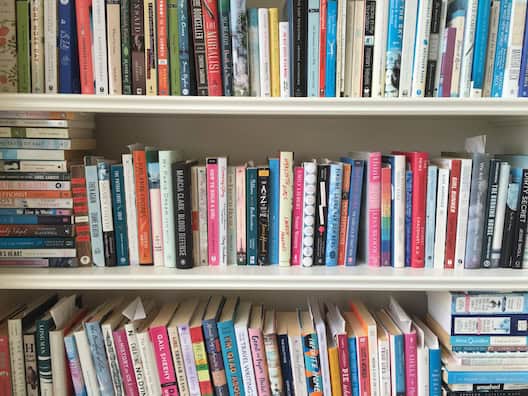I’m publishing these three posts (here’s Part 1 and Part 2) from my bibliotherapist, Rachel Stevenson, all in a row because I think, together, they form an extraordinary statement about our times. They also provide a powerful reading list of books that reveal our country’s past, present and possible future.
I hope you’ll delve into these books, let us know what you think of them and feel free to add suggestions of your own.
Women have been silenced so much over time that many are finding it hard to use their voice to protest, yet they understand the danger of keeping quiet. What can they read to get over their fear?
![]() The first book I’m going to mention might seem like an odd choice for this question, but stick with me. To End All Wars by Adam Hochschild is about WW I. It was recommended to me by a library patron who rarely talks to me, but one day he came up to the desk and said “I finally got that book, To End All Wars, and I think you’d like it. It has a lot about suffragettes and other strong female characters.” I wasn’t sure how he knew this book would appeal to me, but it did, especially the story of the two sisters on opposite sides. We all need to make tough choices sometimes and I think the choices the women in this book make will help us make tough decisions too.
The first book I’m going to mention might seem like an odd choice for this question, but stick with me. To End All Wars by Adam Hochschild is about WW I. It was recommended to me by a library patron who rarely talks to me, but one day he came up to the desk and said “I finally got that book, To End All Wars, and I think you’d like it. It has a lot about suffragettes and other strong female characters.” I wasn’t sure how he knew this book would appeal to me, but it did, especially the story of the two sisters on opposite sides. We all need to make tough choices sometimes and I think the choices the women in this book make will help us make tough decisions too.
![]() Next I’m recommending a second WW I book, The Hello Girls by Elizabeth Cobbs. This book tells a little known story of America’s first women soldiers. The army demanded women to run their switchboards for communications because the men were messing it up. So these women went to Europe and some of them were in the thick of it, keeping communication lines open while being bombarded. They also didn’t get released with vet benefits and they fought the army for sixty years until they won. I’m not giving away the story because it’s on the blurb from Amazon, so you’d find out anyway. But can you imagine women taking on the US Army to fight for their rights over 100 years ago? It sounds like something that happened within the past 20 years with women fighting to be allowed in combat or to enroll in all-male military schools or become Navy Seals.
Next I’m recommending a second WW I book, The Hello Girls by Elizabeth Cobbs. This book tells a little known story of America’s first women soldiers. The army demanded women to run their switchboards for communications because the men were messing it up. So these women went to Europe and some of them were in the thick of it, keeping communication lines open while being bombarded. They also didn’t get released with vet benefits and they fought the army for sixty years until they won. I’m not giving away the story because it’s on the blurb from Amazon, so you’d find out anyway. But can you imagine women taking on the US Army to fight for their rights over 100 years ago? It sounds like something that happened within the past 20 years with women fighting to be allowed in combat or to enroll in all-male military schools or become Navy Seals.
![]() Here are two more books I’m recommending although, to be honest, this list could go on forever. Reading Lolita in Tehran by Azar Nafisi. This teacher and her female students were risking their lives to read this book and to get an education. Isn’t it crazy that women still need to fight to get an education in some parts of the world? But these students knew it was important and this teacher knew it was important even though it meant risking their lives. What would you risk your life for?
Here are two more books I’m recommending although, to be honest, this list could go on forever. Reading Lolita in Tehran by Azar Nafisi. This teacher and her female students were risking their lives to read this book and to get an education. Isn’t it crazy that women still need to fight to get an education in some parts of the world? But these students knew it was important and this teacher knew it was important even though it meant risking their lives. What would you risk your life for?
Finally, We Should All Be Feminists by Chimamanda Ngozi Adichie. At 31, she was awarded a MacArthur Genius Grant and there is a reason. Buy this book. Read this book. Pass it on to your friends. Just repeat this process until we’re all feminists. And if you really want to see the passion watch the Ted Talk it was based on.
Any biographies we should be reading now to inspire us?
![]() I Am Malala is a book we all need right now. To see what she faced at such a young age and to see her comeback from being shot in the head to win the Nobel Peace Prize. She’s only 19! It’s amazing and it’s hopeful. And isn’t that what we all need right now?
I Am Malala is a book we all need right now. To see what she faced at such a young age and to see her comeback from being shot in the head to win the Nobel Peace Prize. She’s only 19! It’s amazing and it’s hopeful. And isn’t that what we all need right now?
We need some good escapism. Any great novels you can suggest?
![]() There Your Heart Lies by Mary Gordon is a story that goes back and forth between modern day and the Spanish Civil War. The book focuses on a strong female relationship and trying to find the purpose in life when you are floundering. I think many of us are floundering now.
There Your Heart Lies by Mary Gordon is a story that goes back and forth between modern day and the Spanish Civil War. The book focuses on a strong female relationship and trying to find the purpose in life when you are floundering. I think many of us are floundering now.
Next Goodnight From London by Jennifer Robson. If you want a feel good book and see Nazis get vanquished and a love story too this is the novel for you. It’s the fourth novel by Robson and you’ll meet some old friends from her previous three books. I love that Robson’s books include past characters and you get to see how they go on. And, really, they are such wonderful stories that fill me full of hope.
Ragtime by D. L Doctorow will give you a glimpse into American life during the early 20th century and see how many different people interact as events unfold. It’s been described as fantasy with historical fact, it is truly a masterpiece and deserves it spot on the 100 best books of the 20th century.
![]() Finally I’m going to end with three that have little to do with events in Charlottesville, but do have something to do with events in the UK. Prince Philip stepped down from private life recently and The Crown has been huge on Netflix, with season two soon to be released. So why don’t we get to know Lilibet? First Brexit was huge and King Charles III was just on Masterpiece Theatre, but what if things happened? Like what if the Royals were given the sack and had to live a normal life? Sue Townsend’s runaway hit, The Queen and I, discusses just that. Good for a laugh and a little escape. Follow them up with a novella, The Uncommon Reader by Alan Bennett, where the Queen just happens to end up at a bookmobile and is amazed by the things she reads and people she meets. To end your getting to know a fictional Lilibet, go with Mrs. Queen Takes the Train by William Kuhn, where QE II gets bored with the palace and decides to go on an adventure on a train. Who wouldn’t want to do that?
Finally I’m going to end with three that have little to do with events in Charlottesville, but do have something to do with events in the UK. Prince Philip stepped down from private life recently and The Crown has been huge on Netflix, with season two soon to be released. So why don’t we get to know Lilibet? First Brexit was huge and King Charles III was just on Masterpiece Theatre, but what if things happened? Like what if the Royals were given the sack and had to live a normal life? Sue Townsend’s runaway hit, The Queen and I, discusses just that. Good for a laugh and a little escape. Follow them up with a novella, The Uncommon Reader by Alan Bennett, where the Queen just happens to end up at a bookmobile and is amazed by the things she reads and people she meets. To end your getting to know a fictional Lilibet, go with Mrs. Queen Takes the Train by William Kuhn, where QE II gets bored with the palace and decides to go on an adventure on a train. Who wouldn’t want to do that?
In case the end is really near, what should we be reading in the dystopian literature section?
![]() I’ve probably recommended this before, but 1984 is always a good one and the thing that gets to me about this is unlike so many other books it doesn’t give us the HEA or the Happily Ever After. The bad guy wins and the good guy who tried goes back to being nothing. He’s not destroyed or killed, he just becomes another wheel in the cog like he was before. If that ending doesn’t shake you out of complacency then nothing will.
I’ve probably recommended this before, but 1984 is always a good one and the thing that gets to me about this is unlike so many other books it doesn’t give us the HEA or the Happily Ever After. The bad guy wins and the good guy who tried goes back to being nothing. He’s not destroyed or killed, he just becomes another wheel in the cog like he was before. If that ending doesn’t shake you out of complacency then nothing will.
And although I hated this book in high school and vowed to never read Dickens again I think A Tale of Two Cities, while not dystopian does give a clear example of a mob mentality and how dangerous it can be. Think of all the bloodshed and how people applauded in the streets. Madame Guillotine was so loved that women started wearing red ribbon as chokers. Now try to imagine that. People were so bloodthirsty they turned beheading people into a fashion statement. This too is concerning.




These look like great reads. I’ll have to add them all to my Goodreads account!